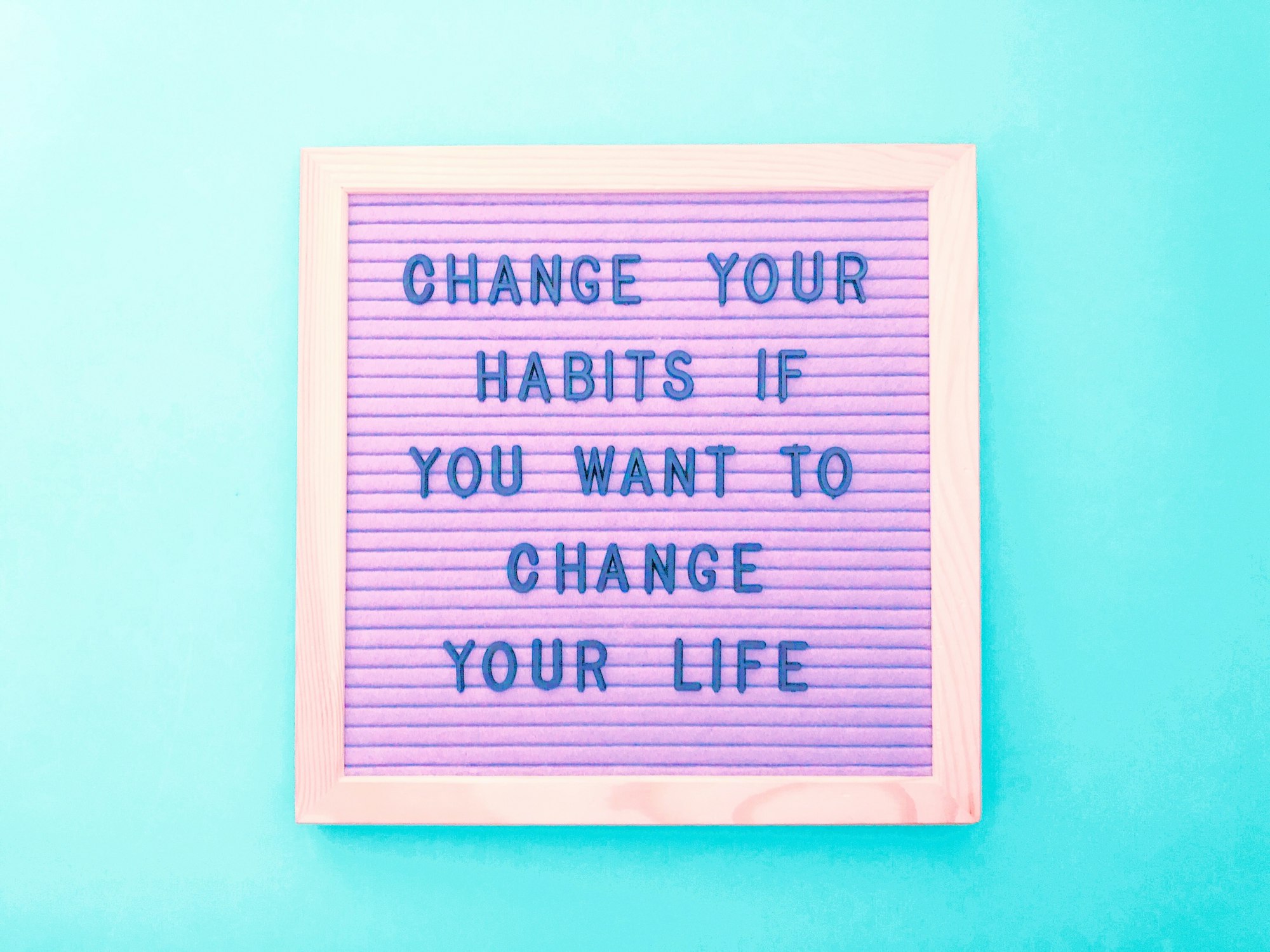- 27 March, 2024
- by Ava
- No comments yet
Changing Habits
Mastering Change: Unlocking the Power of Changing Habits for Holistic Wellness
Changing habits is a dynamic process that involves applying various psychological strategies and practical techniques to modify existing behavior patterns and establish new, healthier habits. By addressing both the mental and physical aspects of habit formation, individuals can overcome obstacles, maintain motivation, and achieve long-term changes in lifestyle and behavior. Let’s explore the transformative potential of changing habits and its role in fostering holistic wellness.
What is Changing Habits?
Changing habits involves the deliberate effort to modify existing behavior patterns and establish new, healthier habits. This process encompasses a range of psychological strategies and practical techniques aimed at addressing both the mental and physical aspects of habit formation. By setting clear goals, identifying triggers, implementing rewards, and utilizing support systems, individuals can navigate the challenges of change and achieve sustainable improvements in their lifestyle and behavior.
How Can Changing Habits Help You?
Changing habits offers a powerful pathway to personal growth and holistic wellness. By identifying and modifying unhealthy behavior patterns, individuals can improve their physical health, emotional well-being, and overall quality of life. Changing habits empowers individuals to take control of their lives, overcome obstacles, and achieve their goals, leading to increased confidence, resilience, and self-efficacy.
What is Changing Habits Good For?
Changing habits is beneficial for individuals seeking to make positive changes in various areas of their lives, including health, relationships, career, and personal development. This process can help individuals break free from destructive habits, such as smoking, overeating, or procrastination, and establish new, healthier behaviors that align with their values and aspirations. Changing habits promotes self-awareness, growth, and empowerment, fostering a greater sense of fulfillment and purpose.
Benefits of Changing Habits
The benefits of changing habits are manifold, impacting all aspects of a person’s life. By breaking free from unhealthy behavior patterns and establishing new, healthier habits, individuals can improve their physical health, mental well-being, and emotional resilience. Changing habits enhances self-discipline, willpower, and self-control, empowering individuals to overcome obstacles and achieve their goals. Ultimately, changing habits fosters personal growth, fulfillment, and a greater sense of well-being.
What to Expect from Changing Habits with a Practitioner
When undergoing changing habits with a practitioner, individuals can expect personalized guidance and support tailored to their unique needs and goals. Practitioners may use a variety of techniques, such as cognitive-behavioral therapy (CBT), mindfulness, and motivational interviewing, to help individuals identify and modify unhealthy behavior patterns. Through collaborative goal setting, problem-solving, and skill-building, practitioners empower individuals to navigate the challenges of change and achieve sustainable improvements in their lifestyle and behavior.
Similar Modalities to Changing Habits
- Behavioral Therapy: Behavioral therapy focuses on identifying and modifying maladaptive behavior patterns through techniques such as exposure therapy, systematic desensitization, and reinforcement. Like changing habits, behavioral therapy aims to promote positive changes in behavior and improve overall well-being.
- Mindfulness Meditation: Mindfulness meditation involves cultivating present-moment awareness and acceptance of thoughts, feelings, and sensations. By practicing mindfulness, individuals can develop greater self-awareness and self-regulation, making it easier to identify and change unhealthy habits.
- Life Coaching: Life coaching is a collaborative process that aims to help individuals clarify their goals, overcome obstacles, and achieve personal and professional success. Life coaches provide support, accountability, and guidance to individuals seeking to make positive changes in various areas of their lives, including habits and behavior.
FAQ on Changing Habits
Welcome to our Frequently Asked Questions (FAQ) section. Here, we aim to provide clear and concise answers to common queries you may have about this particular healing modality. Whether you’re new to this practice or seeking deeper insights, our FAQs are designed to help enhance your understanding and support your journey toward holistic wellness. If you have a general question that’s not covered below, please feel free let us know.
The time it takes to change a habit varies depending on the individual, the complexity of the habit, and the level of commitment to change. Some habits may be modified relatively quickly, while others may require more time and effort to overcome.
Common obstacles to changing habits include lack of motivation, fear of failure, environmental triggers, and underlying psychological issues. Practitioners can help individuals identify and address these obstacles to facilitate successful habit change.
Staying motivated when changing habits can be challenging, but there are several strategies that can help, such as setting realistic goals, tracking progress, celebrating successes, and seeking support from friends, family, or a professional.
Willpower plays a significant role in changing habits, as it helps individuals resist temptation, overcome obstacles, and stay committed to their goals. However, willpower alone may not be sufficient to sustain long-term behavior change, so it’s essential to develop strategies to support willpower, such as creating a supportive environment and building healthy habits.
Yes, relapse is a common occurrence when changing habits, as individuals may encounter setbacks or triggers that lead them to revert to old behavior patterns. However, relapse does not mean failure; it is an opportunity to learn and grow from the experience, reevaluate goals, and renew commitment to change.




